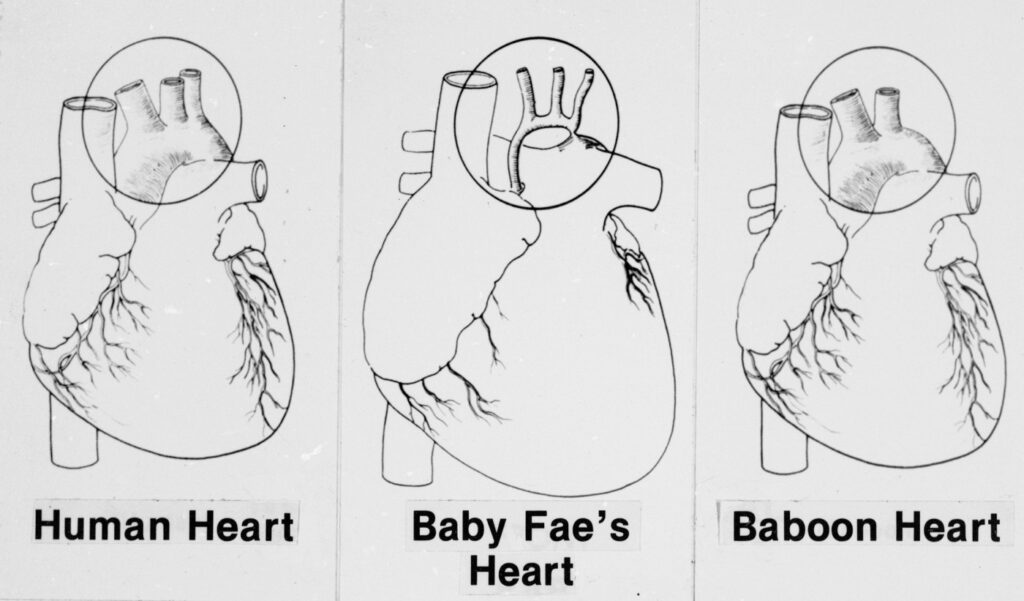
URGENT UPDATE: On this day, October 26, 1984, a groundbreaking medical procedure took place when a newborn, known as Baby Fae, received a baboon heart in an experimental transplant at a hospital in Loma Linda, California. This rare procedure aimed to save her life from a life-threatening heart defect, and she survived for 21 days with the transplanted organ.
Today’s date marks the 299th day of 2025, with only 66 days remaining in the year. The historic implications of Baby Fae’s case resonate today, reflecting ongoing debates in the medical community regarding xenotransplantation and ethical considerations surrounding animal organ use.
In addition to this pivotal event, significant moments in history occurred on October 26, including the adjournment of the First Continental Congress in 1774 and the infamous Shootout at the O.K. Corral in Tombstone, Arizona, in 1881, where legendary lawmen like Wyatt Earp faced off against outlaws.
The Pony Express, a vital part of American history, officially ceased operations on this day in 1861, paving the way for the transcontinental telegraph. This day also saw the tragic assassination of South Korean President Park Chung-hee in 1979.
Turning to more recent events, on October 26, 2020, Amy Coney Barrett was confirmed to the U.S. Supreme Court, an event that continues to shape judicial discussions in the nation. Additionally, October 2024 marked a tense moment in international relations when Israel launched airstrikes against military targets in Iran, a response to missile attacks that had escalated tensions in the region.
Today also marks the birthdays of several notable figures, including musician Milton Nascimento, who turns 83, and actress Jaclyn Smith, who is now 80. Other notable birthdays include Hillary Rodham Clinton at 78 and musician Bootsy Collins, who is 74.
As we reflect on these significant historical events, the implications of Baby Fae’s transplant continue to spark conversations in both medical and ethical realms. Stay tuned for further updates on how advancements in organ transplantation might evolve in light of past experiments and current medical technology.






